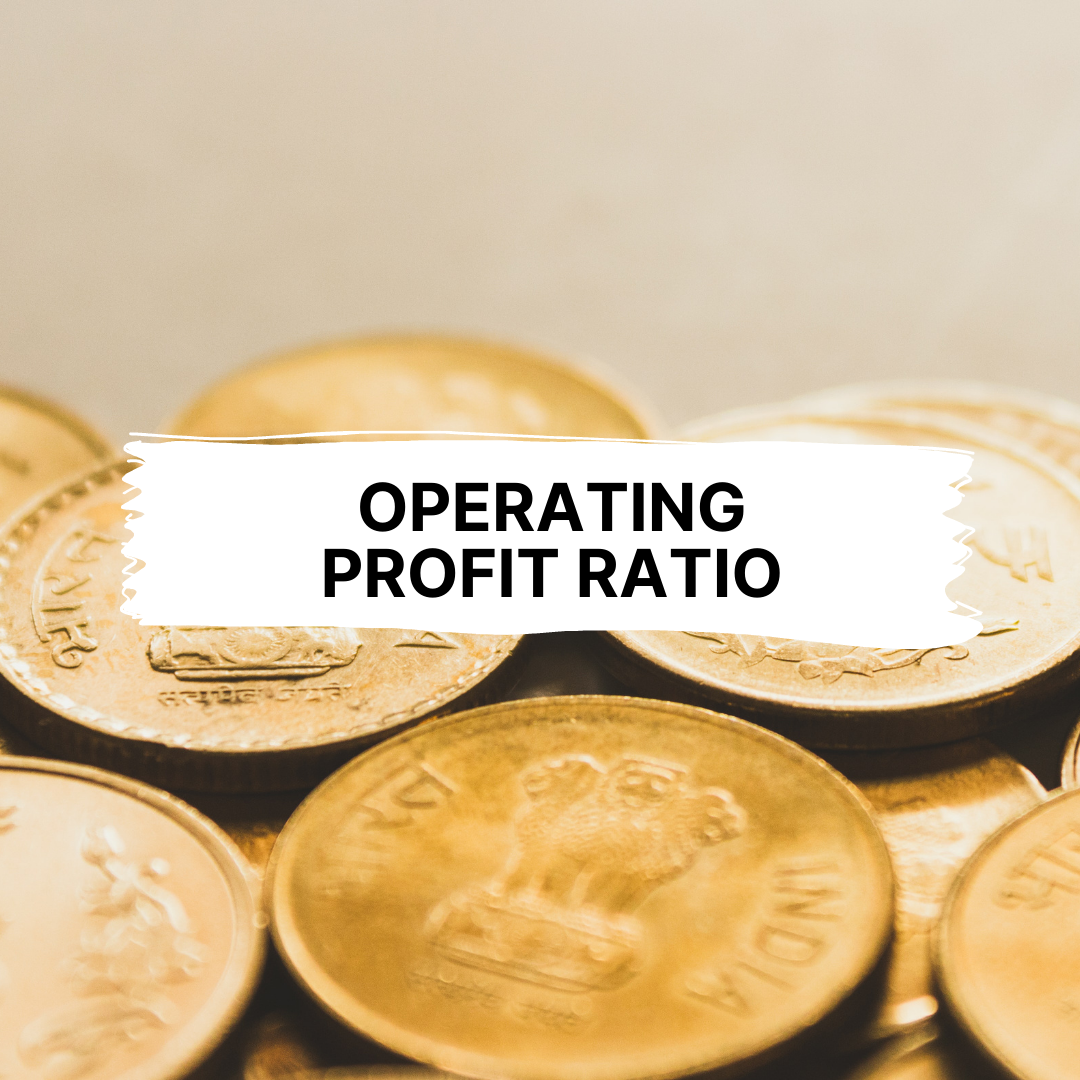Having the right knowledge and information about sales tax is crucial for your business so you can charge and remit accurate sales tax to the tax authority and remain compliant at all times.
Although the US sales tax system can be tricky at times, we are here to explain to you how the system works in a simpler way.
So let's not keep you waiting and jump right in.
Do I have to charge sales tax?
To start, you need to ask yourself questions related to the sales tax in your state.
Here are some of the things you need to note before collecting sales tax to your consumers:
- Check whether the state you are doing business has sales taxes, also known as nexus. This can be your home state too
- If you are a remote seller, or online sellers, do ensure you are up-tp-date to your state’s internet tax regulation as it is constantly changing
- Find out whether you are selling products or services, or a hybrid. You need to check whether the products or services are taxable
- Determine whether the location of your business is origin-based tax or destination-based tax
What is a "Sales Tax Nexus"?
According to the dictionary, the word “Nexus” simply means “a connection or a series of connections linking two or more things”.
For example, nexus can refer to the meaningful relationship between a teacher and a student. Or, even the unbreakable bond between mothers and daughters.
Sounds simple, isn't it?
But, do you know the meaning of Nexus in the tax regulation context?
In the tax terminology, Nexus means the connection between the tax authority in a state with the business. So, you either have Nexus in a state, or you don’t have Nexus in that at all.
It’s your responsibility to keep yourself up-to-date regarding the tax-related information for that state once you have established Nexus with a state,
You are obligated to collect, report, and remit sales tax for your business transactions to the tax jurisdiction for doing business in that state.
How is the sales tax nexus triggered?
Business owners with a physical presence in a state could trigger the nexus for their business.
For example, it’s fairly easy to trigger nexus for brick and mortar stores due to their physical presence in that state.
Once you have your physical store up and running, you automatically established the connection between the tax jurisdictions and your business.
However, what defines physical presence other than having a physical store?
Stated below are a few examples that define physical presence other than business location:
- Having an employee, salesperson, or contractor
- Having property; that can be tangible or intangible personal property
- Having your inventory stored in a warehouse or storage facility in a state
- Having an agent, salesman, agent or third-party representative engaging in your business activities
- Having a drop shipping relationship - You have third party provider that help you ship goods to the buyer
- Having third party affiliate or referral in a state
What about nexus for online sellers?
You must be over the moon knowing that you didn’t fulfill any of the nexus requirements above. It means you can avoid the hassle of collecting sales tax if you have an online business.
But, hey, don’t get too excited yet.
Sit back and read more to uncover the tax changes over the years.
Back in 1992, remote sellers that were selling to other states didn’t have to charge and remit sales tax in the buyer’s state. As long as you do not have a physical presence in the state, you are safe.
Data source: Statista
Many states feel that they have the right to collect sales tax from the online businesses, especially with the rise of the eCommerce market. States feel that they are losing out.
Decisions are finalised by the Supreme Court on June 21, 2018.
South Dakota . Wayfair, Inc., overruled the traditional rules of collecting sales tax; states can now require ecommerce businesses to pay sales tax where they do not have physical presence as long as they have economic nexus in that state.
In short, online sellers are no exception when it comes to fulfilling their sales tax obligations for interstate commerce.
Local sales tax rates are determined by different jurisdictions, such as the city or county (think zip codes). Sometimes local jurisdictions will add a temporary sales tax to raise funds for a public project, such as transportation or a cultural building. Though local rates are generally quite low compared to state-level tax, they’re just as important to stay aware of and are hard to manually calculate. You can try out this sales tax calculator to find out a specific sales tax by ZIP code in every US state.
**Since the requirement for sales tax collection differs for each state, it’s advisable that you consult your tax consultant before taking any actions.
What are the different types of sales tax nexus?
Economic Nexus
You trigger economic Nexus in a state when you reach $100,000 in sales or 200 transactions in a state annually, in general, regardless if you own a brick and mortar store, or an online seller.
However, each state with an economic nexus has its own threshold. Hence, you need to know the economic nexus in that specific state.
In 2021, there are 44 states, Washington D.C. included, have economic nexus rules.
To make your life easier, we have prepared the chart showing the economic nexus details by state. Have a look at the simplified table below!
There are states that do not have any economic nexus laws in place such as Delaware, Florida, Missouri, Montana, New Hampshire and Oregon.
Out of the six states, Delaware, Montana, New Hampshire, and Oregon do not have sales tax.
In addition to that, Alaska also does not have sales tax as well. However, some localities in Alaska enforce economic nexus.
Click-through Nexus
To the online business owners that drive sales revenue from affiliate programs, or click-through marketing, this is definitely the section you need to focus more on.
So, what is a click through Nexus?
A click-through nexus is applied to out-of-state sellers with no physical presence in the state, whereby they have sales transactions from in-state affiliates or referrals.
If you don’t quite understand this, we will give you one example.
Let’s say if you have a physical store selling sportswear equipment in Indiana. You’re selling your customers in New York, whereby you do not own any office, property, or inventory in this state.
It’s your affiliate in New York that helps you boost sales revenue via the affiliate program, promoting your products on their website; www.sportywear.com.
In this case, congratulations, as you have triggered the click-through nexus in New York.
You can refer to the table below to see if you have established click-through nexus with any of these states mentioned.
Note: There are five states that have repealed the click-through nexus and they are; Arkansas, California, Colorado, Ohio and Washington.
Marketplace Nexus
Do you know that:
- $2.67 trillion spent globally on the top 100 online marketplaces in 2020
- Gross merchandise sales grew 29% last year
- 50 marketplaces are based in the U.S., and they grew sales 40% in 2020
- Amazon’s third-party GMV grew 40% last year
Before we dive deeper, ask yourself this question - are you an Amazon, Etsy, eBay, Shopify, Walmart or other types of marketplace sellers?
If yes, do stay tuned, as this information might be useful to you.
Several states have created new legislation that requires marketplace facilitators to collect and remit sales tax on behalf of the marketplace sellers.
These laws are significant because they shift the obligation to collect and remit sales tax from the seller to the platform that facilitates the sale (the marketplace facilitator).
Stated below are the states with marketplace nexus in place:
- Alabama
- Alaska
- Arizona
- Arkansas
- California
- Colorado
- Connecticut
- District of Columbia
- Florida
- Georgia
- Hawaii
- Idaho
- Illinois
- Indiana
- Iowa
- Kentucky
- Louisiana
- Maine
- Maryland
- Massachusetts
- Michigan
- Minnesota
- Mississippi
- Nebraska
- Nevada
- New Jersey
- New Mexico
- New York
- North Carolina
- North Dakota
- Ohio
- Oklahoma
- Pennsylvania
- Rhode Island
- South Carolina
- South Dakota
- Tennessee
- Texas
- Utah
- Vermont
- Virginia
- Washington
- West Virginia
- Wisconsin
- Wyoming
Determine if you're in origin-based or destination-based state
When navigating the US Sales tax system, it is crucial to understand sourcing - also known as the location where the transaction is taxed.
As a seller, you must be aware of whether your state is destination-based or origin-based.
Most states and the District of Columbia are destination-based. The remaining 11 states are origin-based.
Origin sales tax means that the transaction will be taxed with the sales tax rates of the state where the seller is based.
The 11 origin-based states are:
- Arizona
- California*
- Illinois
- Mississippi
- Missouri
- New Mexico
- Ohio
- Pennsylvania
- Tennessee
- Texas
- Utah
- Virginia
For the state of California, there is a mix of destination and origin sales tax. The city, county, and state sales taxes are origin-based while district sales taxes are destination-based.
Destination sales tax means that the transaction will be taxed with the sales tax rates of the state where the buyer takes ownership of the product.
Most of the states in the US have a destination-based sales tax, and the states are listed below.
- Alabama
- Arkansas
- Colorado
- Connecticut
- District of Columbia
- Florida
- Georgia
- Hawaii
- Idaho
- Indiana
- Iowa
- Kansas
- Kentucky
- Louisiana
- Maine
- Maryland
- Massachusetts
- Michigan
- Minnesota
- Nebraska
- New Jersey
- Nevada
- New York
- North Carolina
- North Dakota
- Oklahoma
- Rhode Island
- South Carolina
- South Dakota
- Vermont
- Washington
- West Virginia
- Wisconsin
- Wyoming
Determine if your products and services are subject to sales tax
Product classification is crucial in order to determine whether the products and services are liable for the sales tax in the US.
Good news is that not all types of products and services are taxable, depending on the states that are involved during the business transaction.
States below are the transactions exempted from sales tax:
- Raw materials - If you produce or sell raw materials that are used in the production of other goods, then, the raw materials are exempted from sales tax. This includes grocery item for human consumption
- Prescription drugs and certain medical devices
- Resold items - Both resellers and retailers are exempted from paying sales tax on wholesale purchases
- Nonprofits charitable, religious and educational organizations - Any sales made to the parties highlighted are exempted from sales tax in some cases, if tax exemption certificate is provided
- Sales tax holiday - States will exempt or reduce sales tax holiday during certain seasons, or periods in a year. For example, typically, during bad weather or back to school season, sales tax are exempted for back-to-school items to encourage spending
What to do if you have triggered sales tax nexus?
Once you have determined that you need to collect sales tax in a certain state, next, you will need to go to your state's taxing authority to register for your sales tax permit.
It's easy to register for your sales tax permit as the registration can be done online.
So, do make sure that you have all the information related to your business, especially your Federal Employer ID Number.
With the sales tax permit, you can then collect, report, and pay sales tax on taxable items to the respective state.
Key Takeaways
And that's a wrap.
By now you would have developed the understanding of how US sales tax works, what is sales tax Nexus, the types of Nexus, the criteria the trigger sales tax in different state and more that you need to be aware of. We covered the following topics in the article:
- Do I have to charge sales tax?
- What is a sales tax Nexus?
- What are the criteria of sales tax nexus?
- What about Nexus for online sellers?
- What are the different types of Nexus?
- Determine if you're origin-based or destination-based state
- Determine if your products and services are subject to sales tax
- What to do if you have Nexus?
US sales tax can be complicated, with the various rules and regulations in each state. In addition to that, the US sales tax are subject to change from time to time. Do check with your tax consultant or tax authority in case you need better clarity regarding your sales tax query.
Getting an accounting software can help you with the sales tax calculations and filing. You can try Deskera free and use it to manage your tax calculations, accounting and sales tax reporting.









